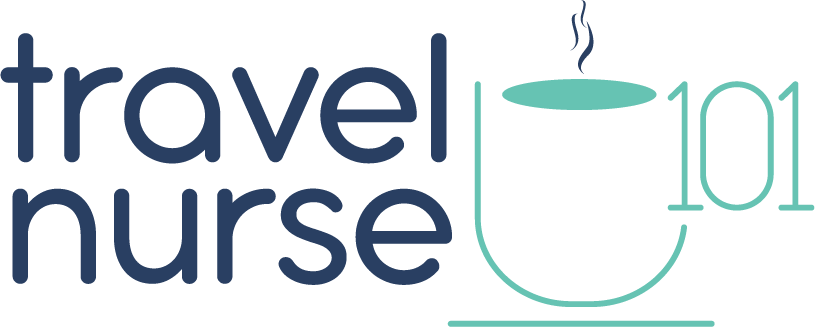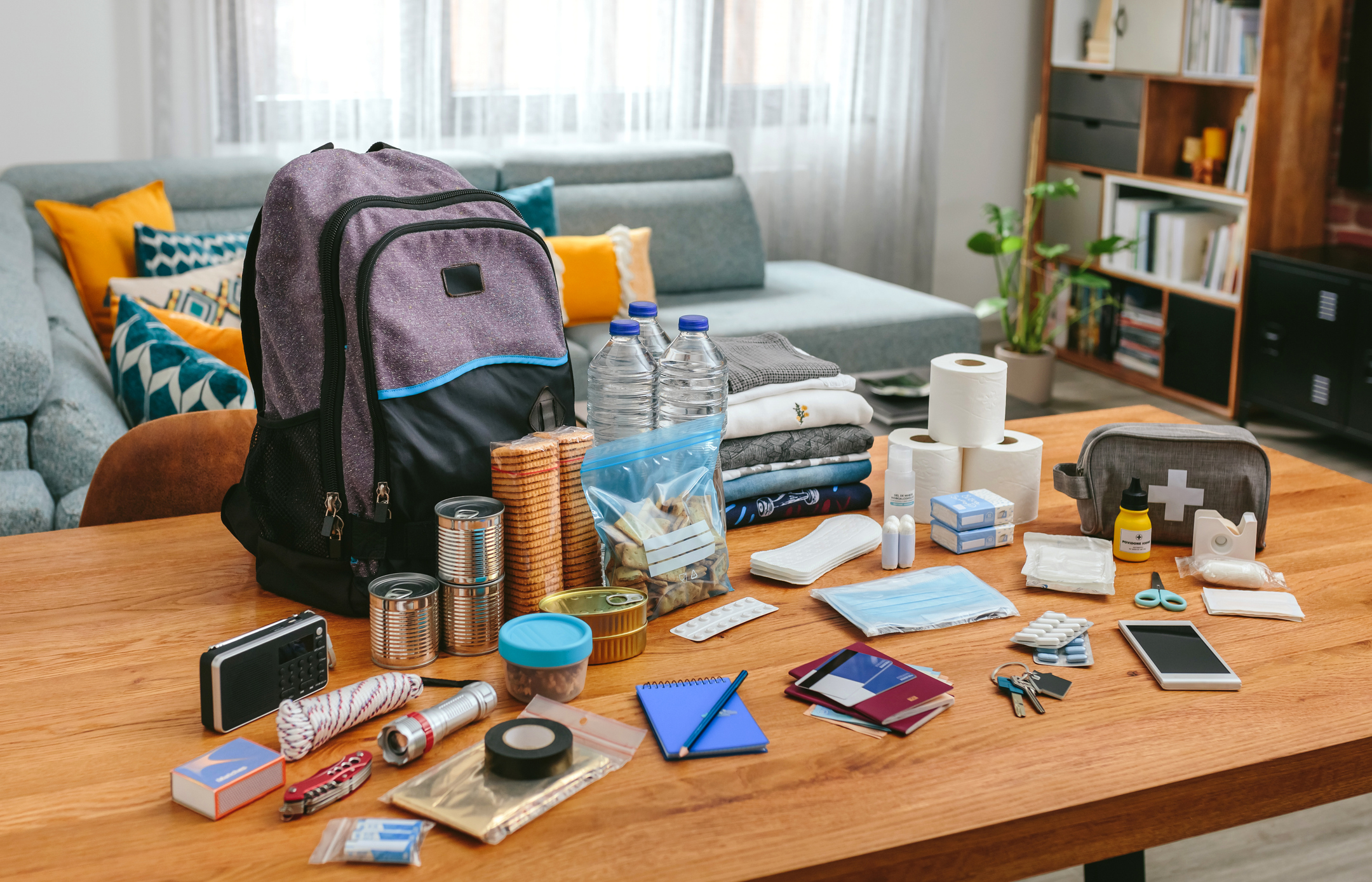As we journey from one assignment to another, it’s crucial to be prepared for the unexpected. Natural disasters, emergencies, and other crises can happen anywhere, and having a solid disaster plan is essential to keep you safe while on assignment. Here’s a guide to help you stay prepared and safe, no matter where your assignments take you.
1. Research Your Destination
Before heading to your new assignment, research the area’s common natural disasters and emergency protocols. Understanding the risks—whether it’s hurricanes, earthquakes, tornadoes, or floods—can help you prepare adequately. Websites like the Federal Emergency Management Agency (FEMA) and local government sites are great resources for this information.
2. Know and follow the facility’s disaster preparation plan.
On orientation at your new facility make sure you connect with your manager or charge nurses so they can help you understand any necessary actions if there is a disaster while you are there. Many hospitals have an emergency text and email they will send it so make sure to get on the list to receive that info. In an emergency scenario, following the facility’s disaster preparation plan and communicating with supervisors and staff is the most crucial step for a travel nurse.
2. Create an Emergency Kit
An emergency kit is a must-have. Pack essentials such as:
- Non-perishable food and water (enough for at least three days)
- A flashlight with extra batteries
- A first-aid kit
- Necessary medications
- Important documents (ID, insurance, medical records) in a waterproof container
- A phone charger and backup power source
- Pack extra scrubs, basic toiletries and personal hygiene items
Keeping these items easily accessible in your car or travel bag ensures you’re always ready to move quickly if needed.
3. Know Your Emergency Contacts
Compile a list of emergency contacts, including:
- Local emergency numbers
- Your agency’s emergency contact
- The hospital’s emergency number
- Family and friends
Store these numbers in your phone and keep a written copy in your emergency kit. It’s also wise to have a designated contact person who can act as a central point for communications and keep in touch with them often.
4. Stay Informed
Sign up for local alerts and notifications through apps or websites such as the National Weather Service and local news outlets. Staying informed about weather changes and potential threats allows you to act quickly. Apps like Weather Underground and FEMA can provide timely updates and alerts
5. Know the Evacuation Routes
Upon arriving at your new assignment, familiarize yourself with the local evacuation routes and shelters. Hospitals typically have emergency plans in place, so make sure to understand your role in these plans and where you need to go in case of an evacuation.
6. Connect with Local Resources
Join local travel nurse groups and forums on social media or text chains with your coworkers/unit. These can be invaluable for real-time information and support during an emergency. Local colleagues can provide insights into the area’s emergency procedures and may offer assistance if needed.
7. Agency Support For Healthcare Travelers On Assignment During a Disaster
The main concern in the event of any extreme weather is the safety of our travelers. As a traveler, your most important responsibility is to follow your facility’s disaster preparation plan and to communicate with the facility. Keep in close communication with your recruiter and your agency and they will help guide you through any time keeping instructions and other questions that you have.
8. Personal Safety Plan
Develop a personal safety plan that includes:
- A communication plan to keep in touch with family and your agency
- A backup plan for transportation and accommodation
- Strategies for securing your personal belongings and important documents
- Plans for your pets if they are on assignment with you
Share this plan with your emergency contacts so they know your intended actions during a disaster
9. Mental Health Considerations
Disasters and emergencies can take a toll on your mental health especially as a nurse. Familiarize yourself with mental health resources available through your agency and don’t hesitate to reach out for support when needed.
By taking these steps, you can ensure that you’re prepared for any emergency situation while on assignment. Planning ahead not only keeps you safe but also allows you to focus on providing the best care for your patients, even in challenging circumstances.
Stay safe and prepared, happy travels!



1 Comment
Gina Desrosiers
Thank you Brandy for sharing this information that is vitally important for soli travelers.